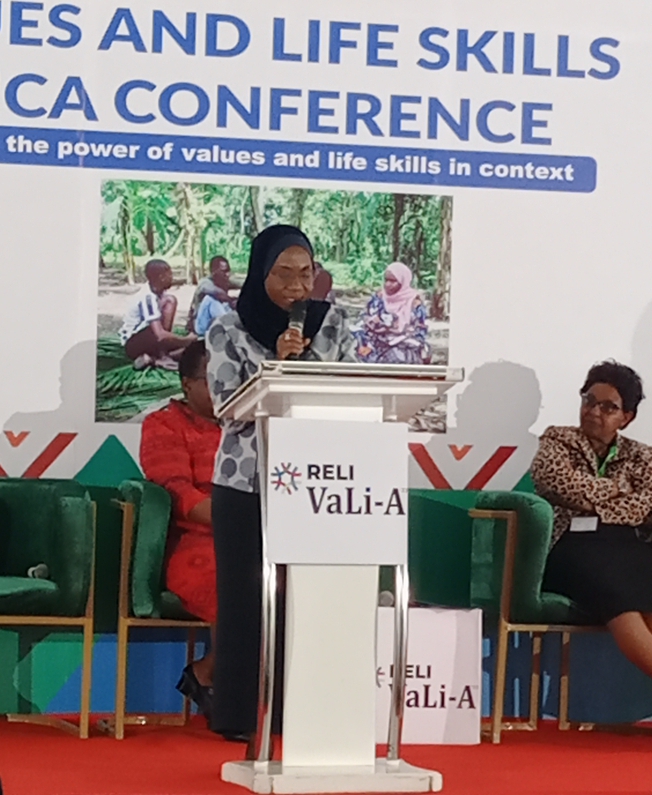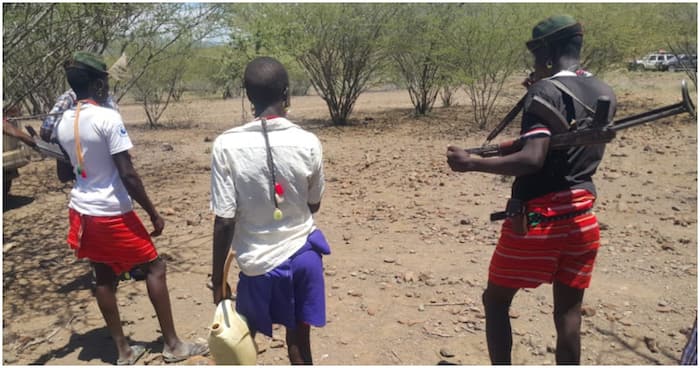The education crisis in Nairobi, with over 70% of schools private, calls for urgent action. Cabinet Secretary Machogu highlights the need for collaboration to expand access to quality education. Efforts to increase public schools and protect land are crucial, alongside government scholarships, to address educational inequities and secure a brighter future.
The Education sector in Nairobi City County is facing a crisis, as highlighted by Cabinet Secretary Ezekiel Machogu. With over 70% of schools being private, access to quality education remains out of reach for the majority of the population. This disparity underscores the urgent need for stakeholders at both the national and county levels to collaborate and expand access to education by increasing the number of public schools.
Nairobi, home to over 5 million people, struggles to provide quality education to its children, with the burden largely falling on the private sector. The government acknowledges this imbalance, with nearly 70% of schools being private and only 30% public. This means that financially challenged individuals are unable to access the quality of education offered in private schools, exacerbating educational inequities.
To address this challenge, radical measures are needed, requiring collective action from all stakeholders. The current administration must prioritize education and implement strategic interventions to mitigate challenges. Plans to increase the number of classrooms are underway, aiming to address the deficit of nearly 1,000 classrooms in the county. However, securing land for school infrastructure remains a hurdle, as public school lands have reportedly been encroached upon by private developers.
Efforts to protect public land and secure titles for schools are essential to prevent further encroachment and ensure adequate infrastructure for education. The government's commitment to providing 80% scholarships for university education aims to improve access for less fortunate students, but more comprehensive solutions are needed to address systemic issues in the education sector.
In conclusion, addressing the education crisis in Nairobi requires decisive action from policymakers, educators, and the community at large. By prioritizing equitable access to quality education and safeguarding public resources, we can lay the foundation for a brighter future for Nairobi's learners.
.png)















Comments 0